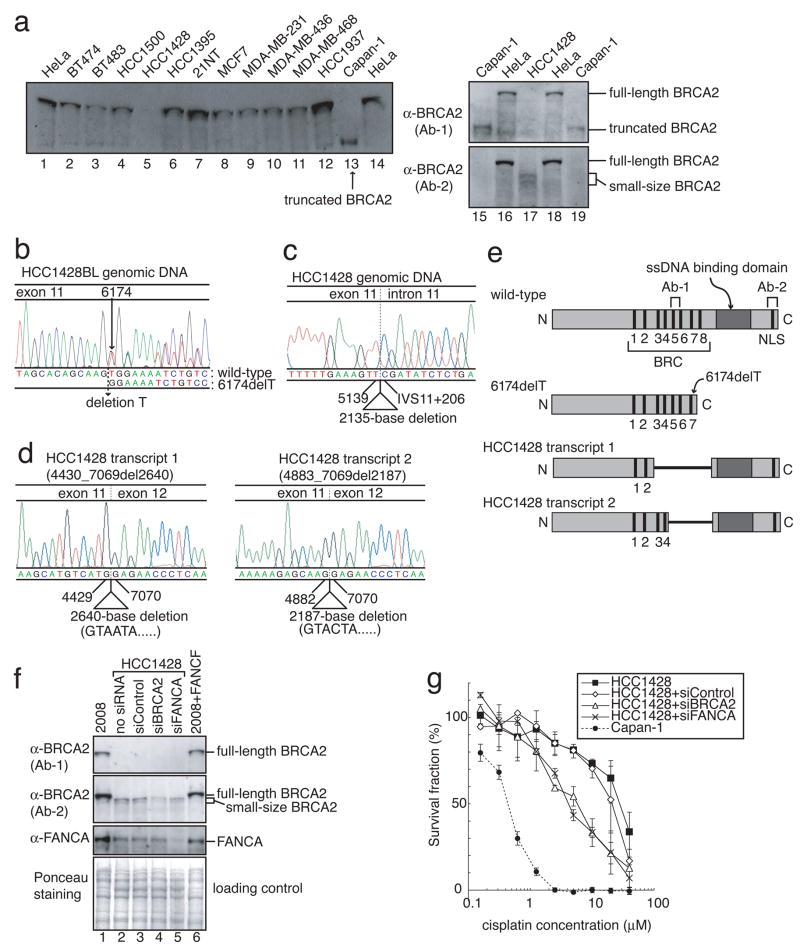Figure 1. HCC1428 is a cisplatin-resistant breast cancer cell line with a secondary BRCA2 mutation.
(Full-length blots are presented in Supplemental Figure 9) a, Cell lysates from HeLa, Capan-1 and indicated breast cancer cell lines were immunoblotted with BRCA2 antibodies. b, Genomic DNA sequence of BRCA2 in HCC1428BL lymphoblast. A heterozygous mutation (6174delT) was identified. c, Genomic DNA sequence of BRCA2 in HCC1428 breast cancer cell line. A homozygous 2135-base deletion from nt5140 (in exon 11) to IVS11+205 (in intron 11) was identified. d, Sequences of the two BRCA2 transcripts in HCC1428 breast cancer cell line. The two RT-PCR products shown in Fig. S1b were purified from the gel, and sequenced separately. HCC1428 transcripts 1 and 2 had a 2640-base deletion (nt4430 to 7069) and a 2187-base deletion (nt4883 to 7069), respectively, suggesting activation of the cryptic splice donor sites in exon11. e, Schematic presentation of BRCA2 proteins. The regions that the BRCA2 antibodies (Ab-1 and Ab-2) recognize are also depicted. HCC1428 transcripts 1 and 2 encode BRCA2 lacking 881 amino acids and 730 amino acids, respectively, both of which have ssDNA binding domains, nuclear localization signals (NLS) and some of the BRC repeats. f, Cell lysates from HCC1428 cells treated with indicated siRNA were immunoblotted with BRCA2 and FANCA antibodies. 2008 and 2008+FANCF were used as controls. g, Cisplatin sensitivity assessed by XTT assay. HCC1428 was resistant to cisplatin, and depletion of BRCA2 or FANCA sensitized HCC1428 to cisplatin (mean ± SEM, n=3).

